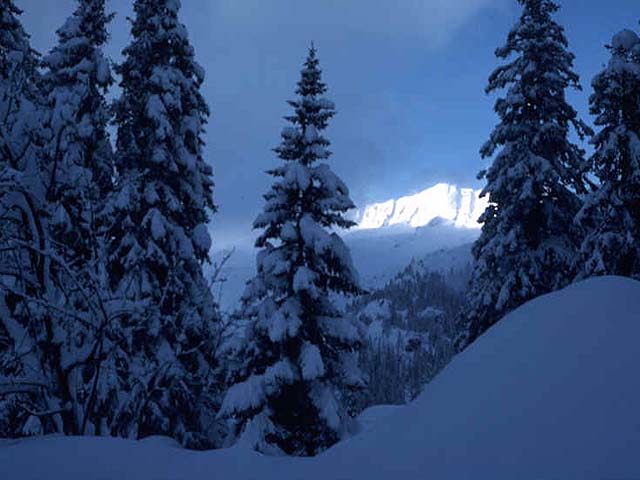Der
Leser
Wer kennt ihn, diesen, welcher sein Gesicht
wegsenkte aus dem Sein zu einem zweiten,
das nur das schnelle Wenden voller Seiten
manchmal gewaltsam unterbricht?
Selbst seine Mutter wäre nicht gewiß,
ob er es ist, der da mit seinem Schatten
Getränktes liest. Und wir, die Stunden hatten,
was wissen wir, wieviel ihm hinschwand, bis
er mühsam aufsah: alles auf sich hebend,
was unten in dem Buche sich verhielt,
mit Augen, welche, statt zu nehmen, gebend
anstießen an die fertig-volle Welt:
wie stille Kinder, die allein gespielt,
auf einmal das Vorhandene erfahren;
doch seine Züge, die geordnet waren,
blieben für immer umgestellt.
aus: Der neuen
Gedichte, anderer Teil |
The
Reader
Who knows him, this one, whose own face
sinks away out of its being into a second one,
that only the quick turning of whole pages
sometimes forcibly interrupts?
Even his own mother would be uncertain
if that were him, who, together with his shadow,
was drenched with reading. And we, hours to spare,
what do we know, how much he fades away, until,
in fatigue, he stops: raising up everything
into himself which has happened in the book below,
with eyes, which, instead of taking, nudge up
against the full and finished world as they give:
like quiet children, who, playing alone,
suddenly experience that which is at hand;
and yet his features, ordered as they were,
remain now forever rearranged.
(all tr. Cliff Crego) |


